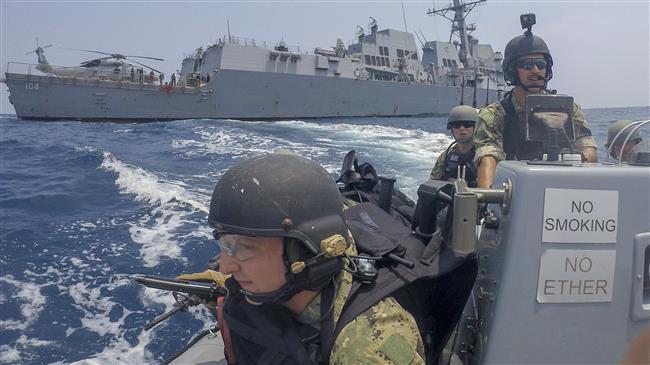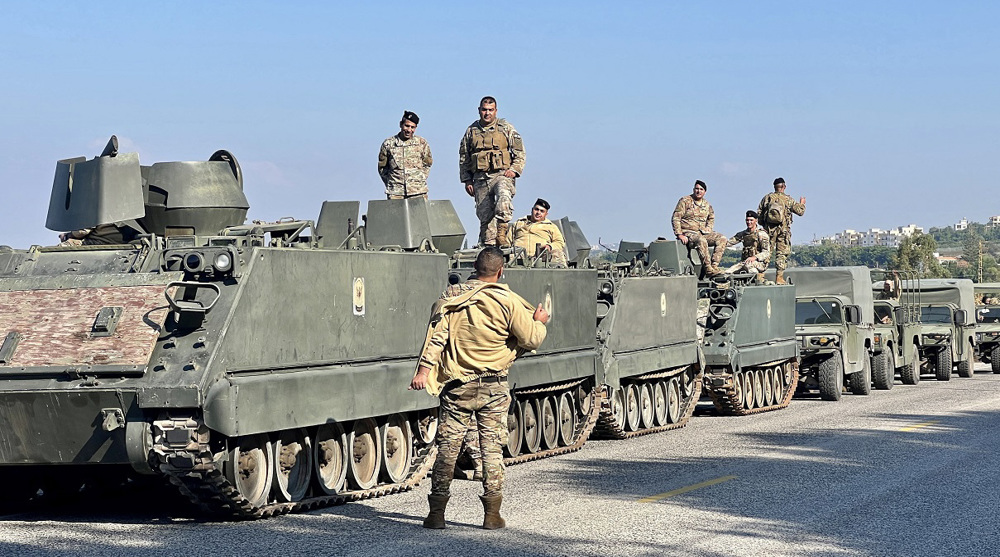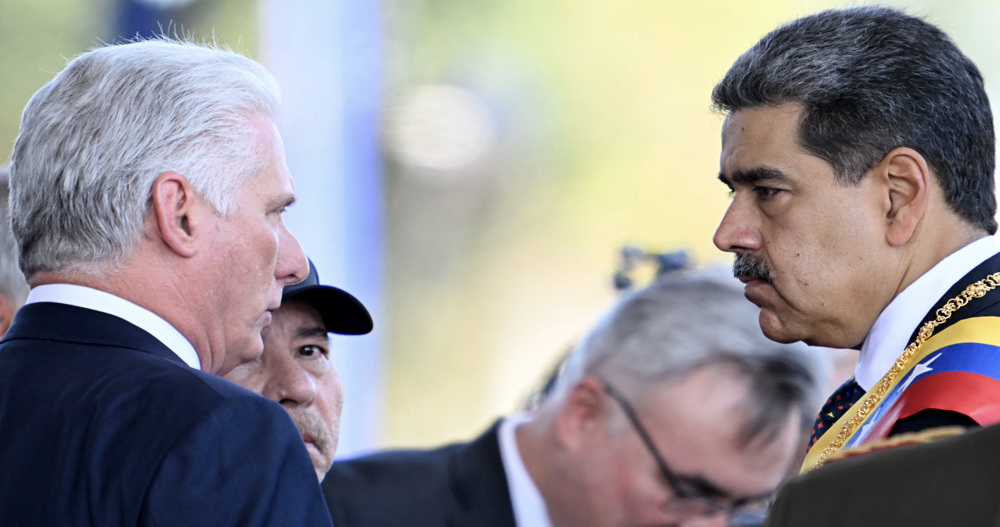US military steps up efforts to counter China's rising power
The US Defense Department has been sharply expanding its efforts to counter China's growing military power, including stepping up naval operations, missile tests and landing exercises in the Asia Pacific region.
On Friday, a US warship approached the Paracel Islands, an island chain claimed by Beijing in the South China Sea, to contest Beijing's claims to the seas around the archipelago, which is also claimed by Taiwan and Vietnam.
Friday's maritime operation was the sixth "freedom of navigation operation" this year, a clear acceleration in pace. There were a total of eight in 2017 and 2018, and only six during the entire administration of former US President Barack Obama.
On Wednesday, the US Marine Corps announced it had conducted exercises on the Japanese islet of Tori Shima to practice landings on "hostile" shores and the seizure of landing strips.
"This type of raid gives the commanders in the Indo-Pacific region the ability to project power and conduct expeditionary operations in a potentially contested littoral environment," one of the officers in charge, Commander Anthony Cesaro, said in a statement.
Last month, the Pentagon chose the Pacific Ocean for its first test of a conventional medium-range missile since the end of the Cold War. The US is no longer constrained by the Intermediate Nuclear Forces (INF) treaty, which US President Donald Trump abandoned last year.
And in late August, Washington formally established its Space Command, or Spacecom, a new unified command charged with ensuring US domination in space, where China has been increasingly active.
The increasing military operations and naval exercises reflect the new momentum US Defense Secretary Mark Esper has given to the US policy of "strategic rivalry" with China and Russia, two countries seen increasingly as a threat by Washington.
Esper, who chose East Asia for his first international trip only weeks after being appointed as Pentagon chief, has made clear that the US wants to rapidly deploy new missiles in Asia to counter China's rising military power.
At a speech in London earlier this month, Esper warned European nations to tackle what he called growing security and economic threats from China and Russia, the latest sign that Washington has shifted its main focus from the US wars in the Middle East to confronting Beijing and Moscow.
There are a growing number of disputes in the US-Chinese relationship, which include an escalating trade war, US sanctions on China’s military, and the US relationship with Taiwan, which Beijing considers a renegade province.
Trump launched a trade war with China last year to restrain China’s growing economic power.
The protracted trade war escalated dramatically last month, when Trump announced new tariffs on Chinese goods from September 1. After Beijing hit back with retaliatory tariffs, Trump said existing levies would also be raised in coming months, in October and December.
Although the two sides are set to resume trade negotiations in October, most analysts do not expect a durable trade deal, or even a significant de-escalation, any time soon.
The slowdown in China’s economy deepened in August, with growth in industrial production at its weakest since February 2002 amid spreading pain from the trade war and slowing domestic demand.
VIDEO | US fires: Criticism mounts over govt. failure to respond
VIDEO | Fears, hope in Gaza amid intensified ceasefire efforts
VIDEO | Press TV's news headlines
Hamas: Ceasefire agreement result of steadfastness, resistance in Gaza over 15 months
Hamas thanks Iran, Resistance Front following achievement of ceasefire in Gaza
'Capitulation': Israeli officials and media concede Gaza defeat as truce unfolds
'Gaza has won': Social media users react to ceasefire with mix of relief, joy
Iran seeks South Korea’s assistance for AI, fiber-optic projects











 This makes it easy to access the Press TV website
This makes it easy to access the Press TV website